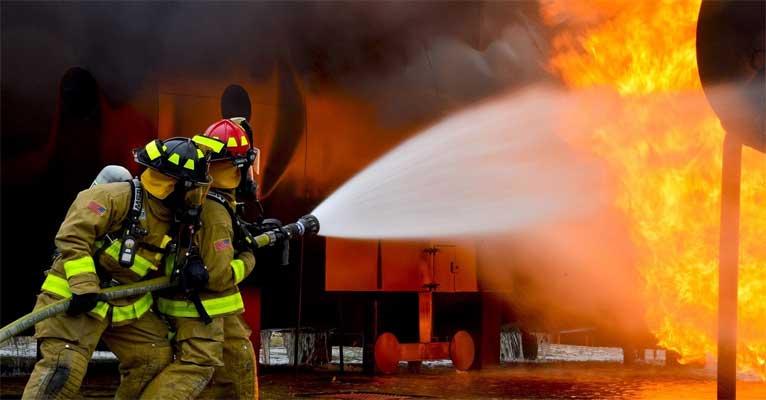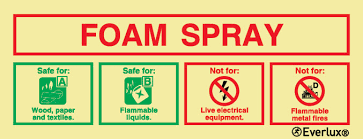The UAE has strict fire regulations and penalties for violating them can be severe. It’s therefore important to make sure that your property is compliant with the country’s rules and that you have a comprehensive fire and safety plan in place. The key steps to ensuring that your property is safe are to install smoke alarms and carbon monoxide detectors and to follow the fire safety plans set by the local government.
The recent Grenfell Tower fire in London is a reminder of the dangers of disregarding fire safety regulations, and it should serve as a wake-up call for both developers and building owners. The fire spread quickly due to the cladding used, and it is important for high-rise buildings to ensure their cladding is compliant with current standards. The fire also highlights the importance of implementing an effective fire safety management system that includes regular inspections and maintenance of fire systems, fire extinguishers, and evacuation procedures.
While the UAE does not have as many high-rise residential and commercial buildings as the UK, it still prioritizes fire safety. As a result, the emirate is launching a campaign to remove flammable cladding from 40 high-risk buildings across Sharjah this week as part of a wider effort to improve fire safety in the emirate. The government is also introducing new testing requirements for building materials including cladding and cables, and is encouraging companies to use Emirates Safety Laboratory facilities instead of independent laboratories for their tests.
Fire is one of the most common and deadly risks that can affect people living in apartment blocks, office buildings, and retail centers. It can happen at any time, and the consequences of a fire outbreak can be devastating. It can cause injuries, loss of lives, and extensive property damage. Fire safety regulations in Dubai require that all building tenants and employees should be trained on what to do if a fire occurs. In addition, the UAE follows a strict code of practice for the design, construction, and operation of high-rise buildings to ensure that they are safe.
To comply with fire safety regulations in Dubai, all buildings must be equipped with fire detection and alarm systems. Fire extinguishers, fire hoses, and sprinkler systems are all required for commercial properties and apartments in the UAE. These systems must be tested regularly and all occupants should be trained on how to use them.
The UAE has introduced unified building codes to make it easier for companies and individuals to build safe structures. The codes specify the requirements for contractors, consultants, and even tenants. They also stipulate that building owners and investors must implement fire safety measures on their sites. The codes also clarify that fire safety is a shared responsibility between all stakeholders involved in the project, and it is not possible to pass liability onto a subcontractor.
A fire safety company can assist with compliance by providing a range of products and services that are tailored to the specific needs of a construction project. They can also help with regulatory monitoring, and collaborate with construction teams to ensure that the right infrastructure is in place.




